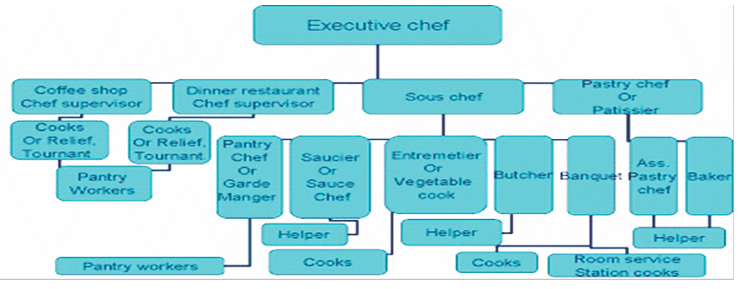
Tourism is one of the important sectors causative in the economy of the country for the upcoming growth. In the altering social-political picture, international and national government is also taking into consideration travel and tourism as a tool of development. Tourism embraces nearly all aspects of our society. Apart from its significance to economic changes, human socio-cultural activities and environmental progress tourism is related to other academic subjects such as geography, economics, history, languages, psychology, marketing, business and law, etc. tourism industry based on tourism components. Tourism components are hotels, transportations facilities and the hotel industry plays a very important role in growth of tourism sector.
A hotel is an establishment that provides lodging paid on a short-term basis. A hotel is essential by law to serve food and drinks to all guests within certain stated hours. Most hotel establishments are run by a General Manager who serves as the head executive (often referred to as the "Hotel Manager"), department heads who oversee various departments within a hotel (e.g., food service), middle managers, administrative staff, and line-level supervisors.
The culinary industry is one of the fastest growing occupations in the world. Culinary and food services professionals are often employed in restaurants, hotels, cruise lines, private clubs, resorts, culinary schools, hospitals, and educational institutions.
Any hotel dependence on the four major departments and we can say all four departments are base pillar of hospitality industry. These following are the four departments of the hotel:-
1. Front office
2. Food production
3. Food and beverage service
4. Accommodations operation
And the most revenue generating departments is food production our kitchen. Executive chef is the overall head of the kitchen. Now in days being a chef is very popular in our country.
A chef is a highly trained and skilled professional cook who is proficient in all aspects of food preparation of a particular cuisine. The word "chef" is derived (and shortened) from the term chef de cuisine (the director or head of a kitchen. Chefs can receive both formal training from an institution, as well as through apprenticeship with an experienced chef.
There are different terms that use the word chef in their titles, and deal with specific areas of food preparation, such as the Sous-chef, who acts as the second-in-command in a kitchen, or the Chef de partie, who handles a specific area of production. The Brigade system is a system of hierarchy found in restaurants and hotels employing extensive staff, many of which use the word chef in their titles. Underneath the chefs are the kitchen assistants. A chef's standard uniform includes a hat called a toque, necktie, double-breasted jacket, apron and shoes with steel or plastic toe-caps.
Culinary education is available from many institutions offering diploma, associate, and bachelor's degree programs in culinary arts. Depending on the level of education, this can take one to four years. An internship is often part of the curriculum. Regardless of the education received, most professional kitchens follow the apprenticeship system, and most new cooks will start at a lower-level 2nd or 1st cook position and work their way up.
The training period for a chef is generally four years as an apprentice. A newly qualified chef is advanced or more commonly a torquecommis-chef, consisting of first-year commis, second-year commis, and so on. The rate of pay is usually in accordance with the chefs. Like all other chefs except the executive-chef, trainees are placed in sections of the kitchen (e.g., the starter (appetizer) or entréesections) under the guidance of a demi-chef de partie and are given relatively basic tasks. Ideally, over time, a commis will spend a certain period in each section of the kitchen to learn the basics. Unaided, a commis may work on the vegetable station of a kitchen.
The usual formal training period for a chef is two to four years in catering college. They often spend the summer in work placements. In some cases this is modified to 'day-release' courses; a chef will work full-time in a kitchen as an apprentice and then would have allocated days off to attend catering college. These courses can last between one and three years.
Organizational chart of kitchen

Passageway to becoming a Chef
1. Get experience working at a restaurant or hotel. Experience is key; the earlier you start the better!
2. Practice, practice, practice! Start out by practicing cutting, becoming familiar with the different types of cooking tools, practice plating food, cook with a variety of different foods and familiarize yourself with dietary restrictions, and host dinner parties for family and friends.
3. Gain exposure to all aspects of the culinary field such as experiencing fine dining, reading cookbooks, books and magazines from a wide variety of ethnic cuisines, learn more about chefs in the areas which you want to work in and try to learn more about their culinary experiences and how they advanced to where they are today, and watch cooking shows.
4. While seeking your Associates degree, complete an internship experience or two.
5. Seek your certification from the world chef association to give yourself a competitive edge in the hospitality industry.
By Dr. Chef Saurabh Sharma
Associate Professor/ Culinary Head,
Amity University Rajasthan





Be the first one to post a comment